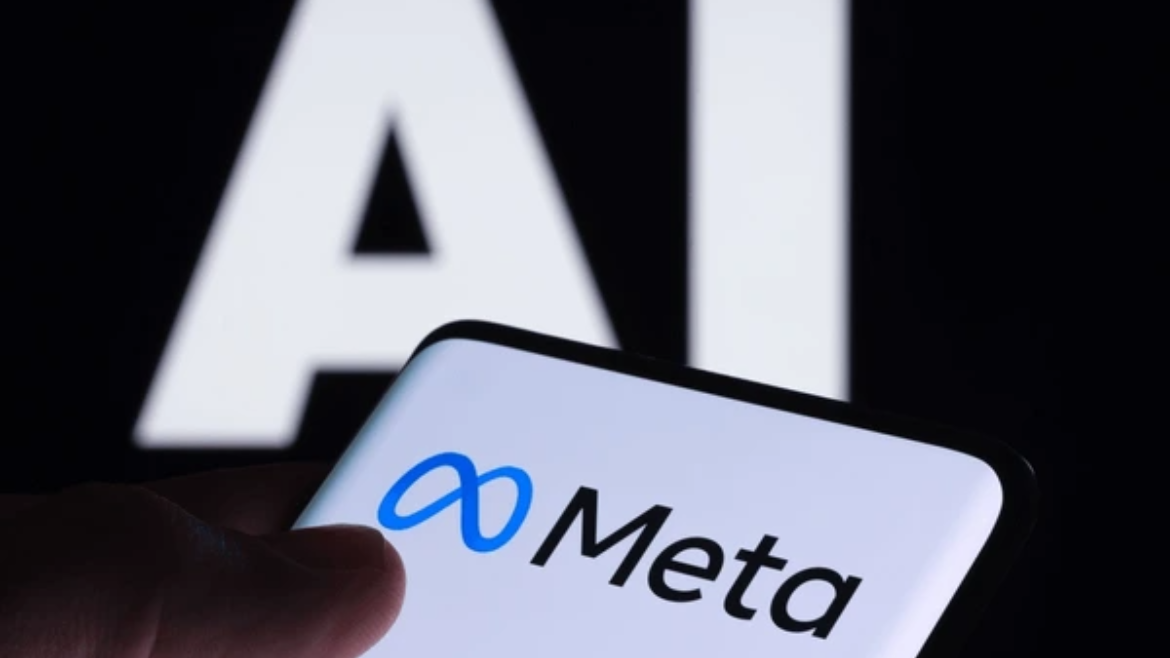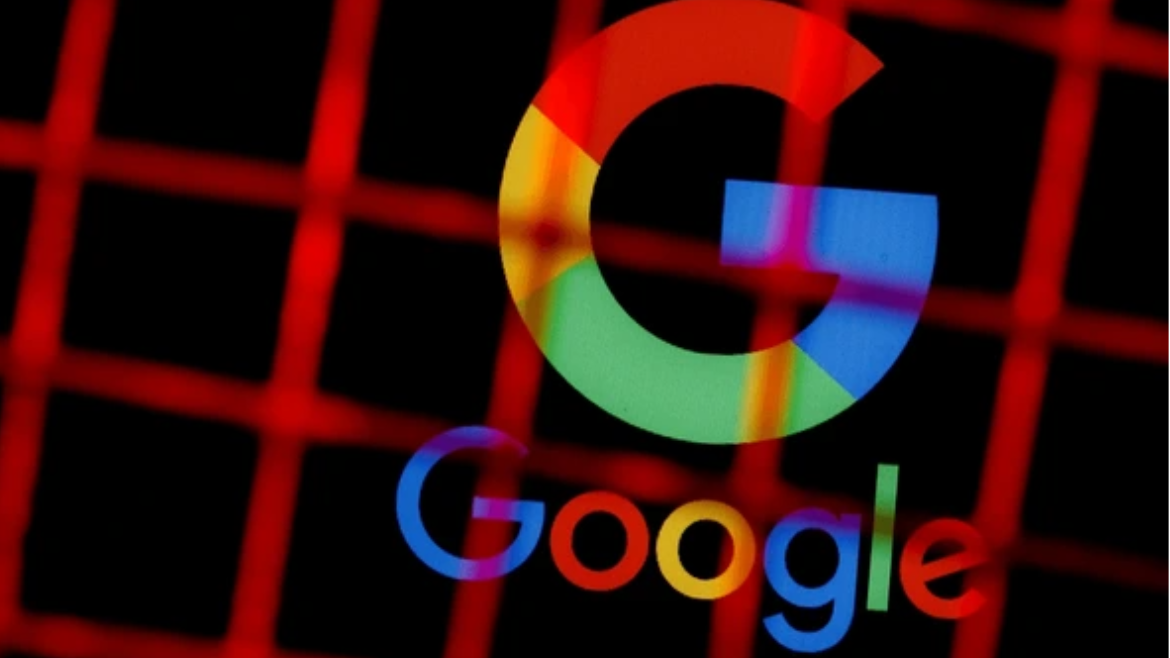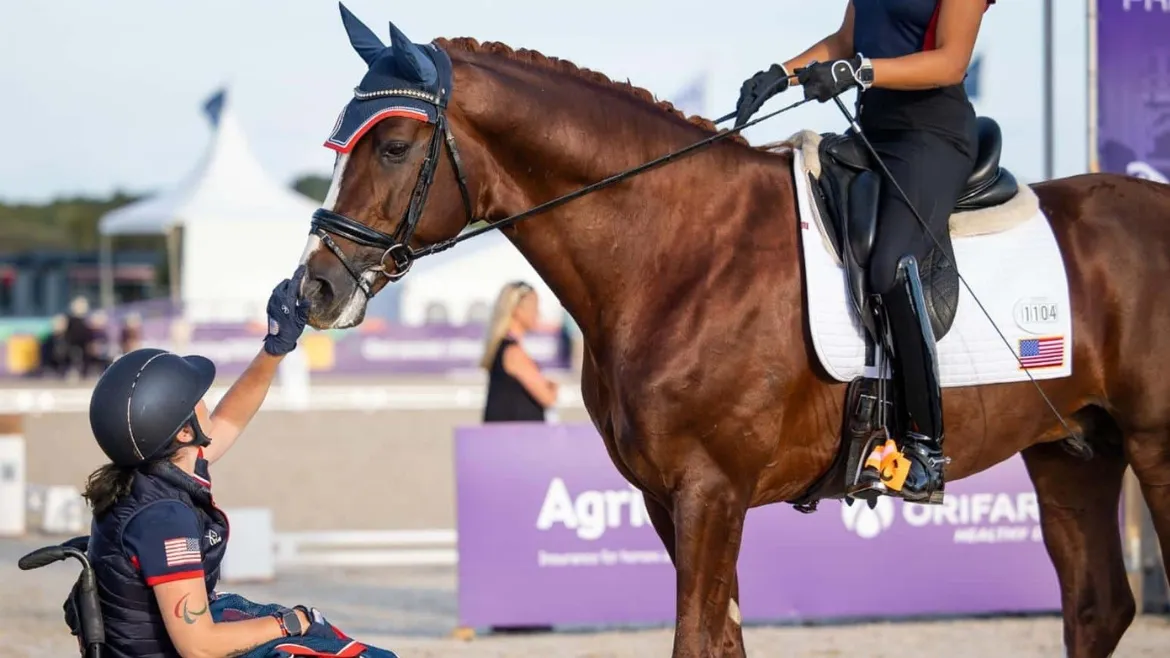Introduction
Short-form video dominates social media, and creators increasingly demand fast, polished, and engaging tools. Meta’s AI video editor addresses this trend by offering easy, one-tap transformations powered by over 50 presets and, soon, custom text prompts. Available in the Meta AI app, Meta.AI website, and the dedicated Edits app, it enables anyone to produce stylistically rich clips in seconds, without professional expertise.
Why Meta Is Entering AI Video Editing
Meta’s move reflects several strategic drivers:
Creator Retention
Keeping video creators within Facebook, Instagram, Threads, and Edits is vital as rivals like TikTok and CapCut vie for attention.
Monetization Potential
A freemium launch model lays the groundwork for premium filters, extended clip lengths, and pro export options later in 2025.
Showcasing R&D
Integrating Movie Gen research into consumer apps highlights Meta’s leadership in generative AI and drives continuous feedback loops to refine models.
By blending defense and offense, Meta aims not only to compete but to define the future of accessible video creation.
Key Features of Meta’s AI Video Editor
Clip Length and Presets
Edits apply to the first 10 seconds of any video, focusing on the most engaging segment.
Over 50 presets cover themes like vintage comic, anime glow, rainy day lighting, and desert landscapes.
One-Tap Workflow
Import or record a clip, choose a preset from a scrollable carousel, preview the effect, and publish instantly.
An “AI Glow” slider adjusts effect intensity for further control without complex editing.
Social Sharing Integration
Direct posting to Facebook and Instagram as Reels, Stories, or feed posts.
Option to share to Meta AI’s Discover feed for broader reach.
Rollout & Accessibility
Available in the U.S. and over a dozen additional countries at launch.
Free during the initial phase; premium tiers and custom prompts are arriving later in 2025.
Behind the Scenes: The Technology Stack
Meta’s consumer editor is powered by a lineage of AI research:
Make-A-Scene (2023)
Prototype combining text descriptions with spatial cues for short clips.
Llama-Image (2024)
A diffusion-based model trained on vast open-license video frames.
Movie Gen (late 2024)
Multimodal foundation model generating 10–16 second videos with audio via simple text prompts.
Movie Gen Presets (Q2 2025)
Lightweight, mobile-ready versions of Movie Gen are distilled into fast inference engines for real-time editing on consumer devices.
These models run on optimized inference layers in Meta’s cloud, delivering results within seconds and enabling scalable experiences across mobile and web.
Step-by-Step Workflow for Creators
Launch the Meta AI or Edits app and tap “Create Video.”
Select or record a short clip (up to 10 seconds).
Choose a preset from the animated thumbnail carousel.
Preview the stylized result and tweak intensity via “AI Glow.”
Publish directly to Facebook, Instagram, or save locally with auto-generated captions and hashtags.
This streamlined path empowers novices and professionals to produce high-quality, stylized clips in under a minute.
Comparison with Competing Platforms
Meta excels in social integration and ease of use, but currently trails in clip length and custom prompt support.
Early Feedback and Limitations
While users praise the editor’s creative potential, several issues emerge:
Artifacting & Consistency
Complex motions or lighting changes can introduce glitches or warped backgrounds.
Facial Artifacts
Presets like anime or marble may over-smooth facial features or distort eyes.
Audio Mismatch
Original soundtracks remain unchanged, sometimes clashing with visual styles.
Batch Editing
No support for processing multiple clips simultaneously, limiting professional workflows.
Preset-Only
Full text-prompt flexibility remains months away.
Despite these limitations, feedback is largely positive, with many agreeing the tool is fun and a major step toward democratizing VFX.
Impacts on Content Creation & Marketing
Speed and Agility
Marketers and social managers can swiftly generate eye-catching videos, reducing campaign lead times and reacting faster to trends.
Brand Cohesion
Preset-based aesthetics enable consistent visual identity across campaigns without manual style guides or specialist software.
Lowered Barriers
Amateurs gain access to advanced effects once restricted to professionals, broadening the creator base and diversifying content.
Data Feedback
Usage data fuels model refinement, ensuring continuous improvements and personalized presets calibrated to user preferences.
New Revenue Streams
Expect branded preset packs, co-developed with entertainment franchises or influencers, sold as premium upgrades or integrated into ad promotions.
Conclusion
Meta’s AI video editing tools represent a transformative step for democratized content creation. By combining powerful Movie Gen research with a frictionless user experience and deep social integration, the platform empowers novices and professionals alike to craft compelling short-form videos in seconds. While current limitations—such as clip length and preset-only controls—remain, Meta’s roadmap points toward full text-prompt flexibility, extended export options, and premium tiers that promise even greater creative freedom. As generative AI continues to mature, Meta is well-positioned to shape the next frontier of video storytelling, where AI serves as an accessible co-creator for all.
FAQs
Q1: What devices support Meta’s AI video editor?
Currently available on iOS and Android via the Edits app, and on desktop through the Meta.AI website and Meta AI app for mobile.
Q2: Can I use custom text prompts today?
Not yet—custom prompt editing will roll out in late 2025. At launch, the tool offers only preset styles.
Q3: Are there costs after the free trial?
Editing 10-second clips is free for a limited time. Premium features, longer clips, and pro export options will launch under paid tiers later in 2025.
Q4: How do I share my edited videos?
You can post directly to Facebook and Instagram, or share to Meta AI’s Discover feed. Local download is also available for manual distribution.
Q5: What are the common issues I might encounter?
Some presets may produce visual artifacts in complex scenes, and audio remains unedited, which can lead to mismatches between sound and visuals.
Q6: How does Meta handle user privacy and content rights?
Meta processes video data under its standard privacy policy and does not claim ownership of user-generated content. Users retain rights to their videos.
Disclaimer
We’ve combined the power of AI with in-depth research to bring you this well-curated article. Every detail has been double-checked to ensure that it adds value to your knowledge. Our goal is to help you navigate your journey with useful, accurate, and easy-to-understand content.
Enjoy your reading and keep exploring!














6 Comments
tezbqpdfx
1 week agoДизельное топливо
1 month agoodrcjjjrlz
1 month agoDelphia Lemberg
2 months agoRichardAbory
4 months agorolex-submariner-shop.ru
4 months ago